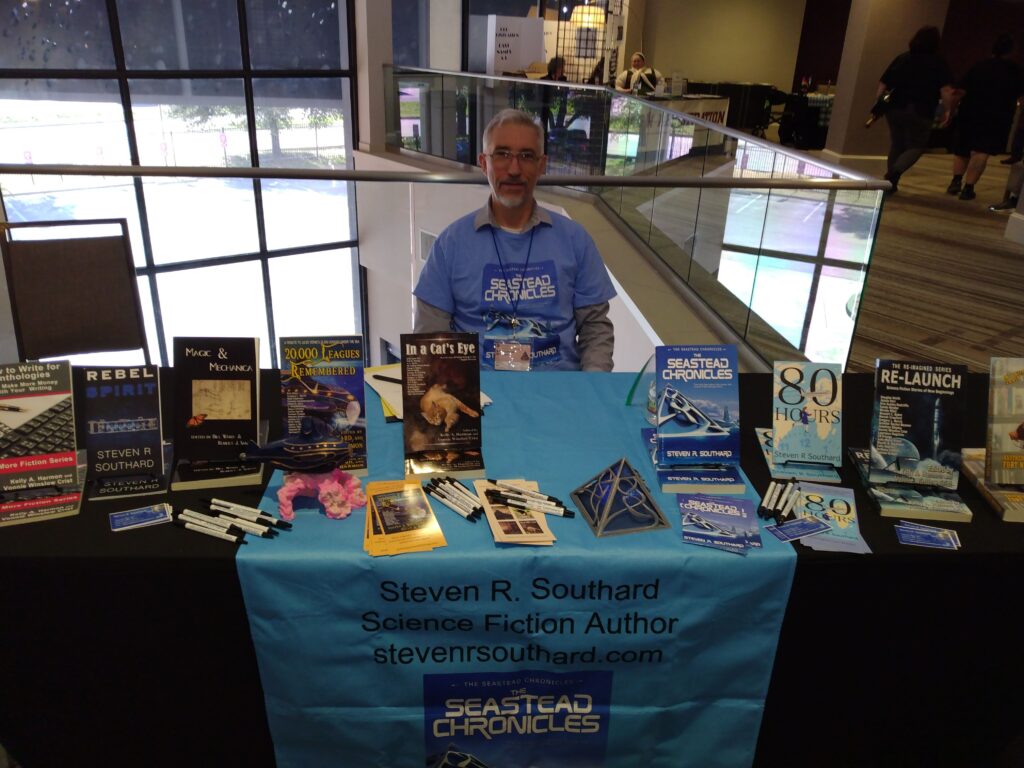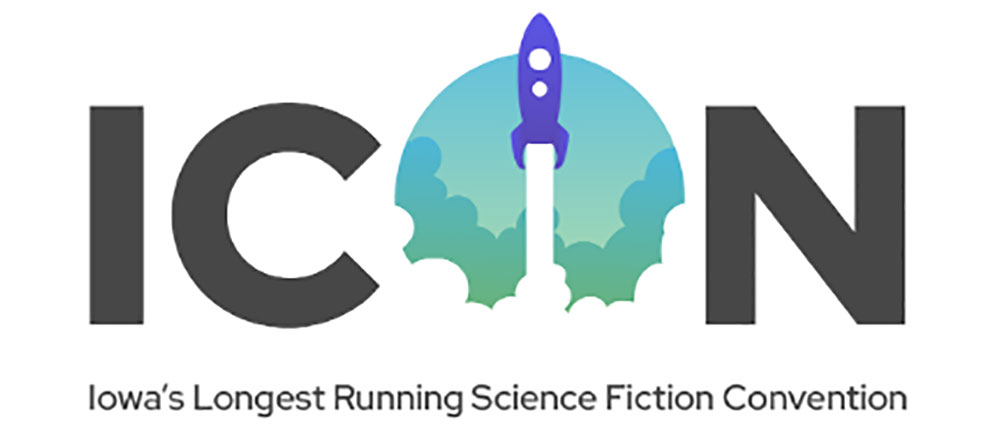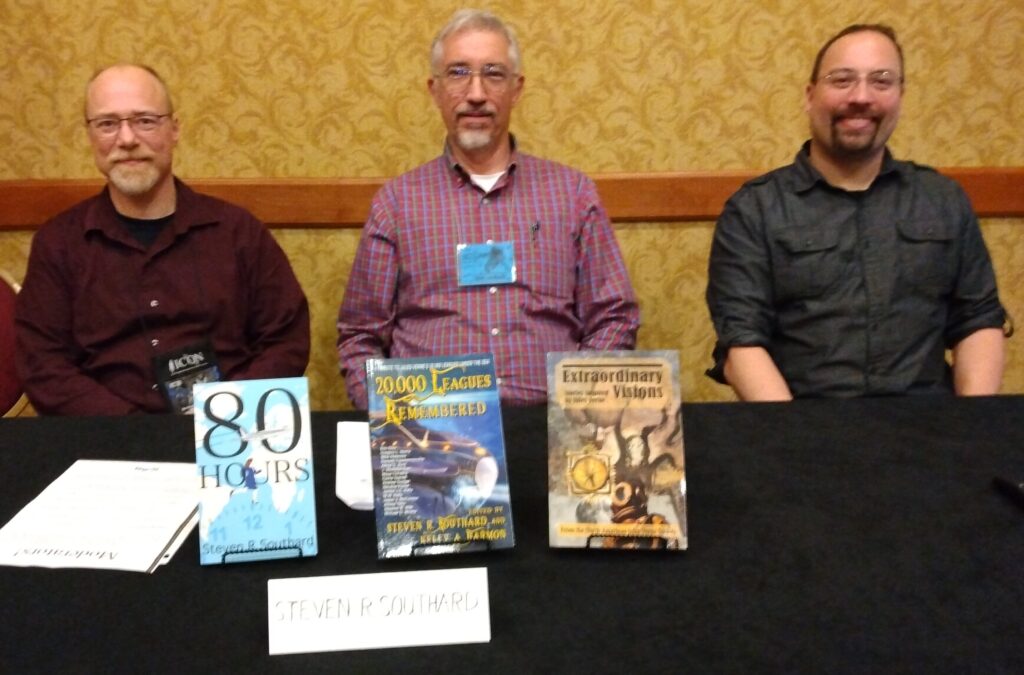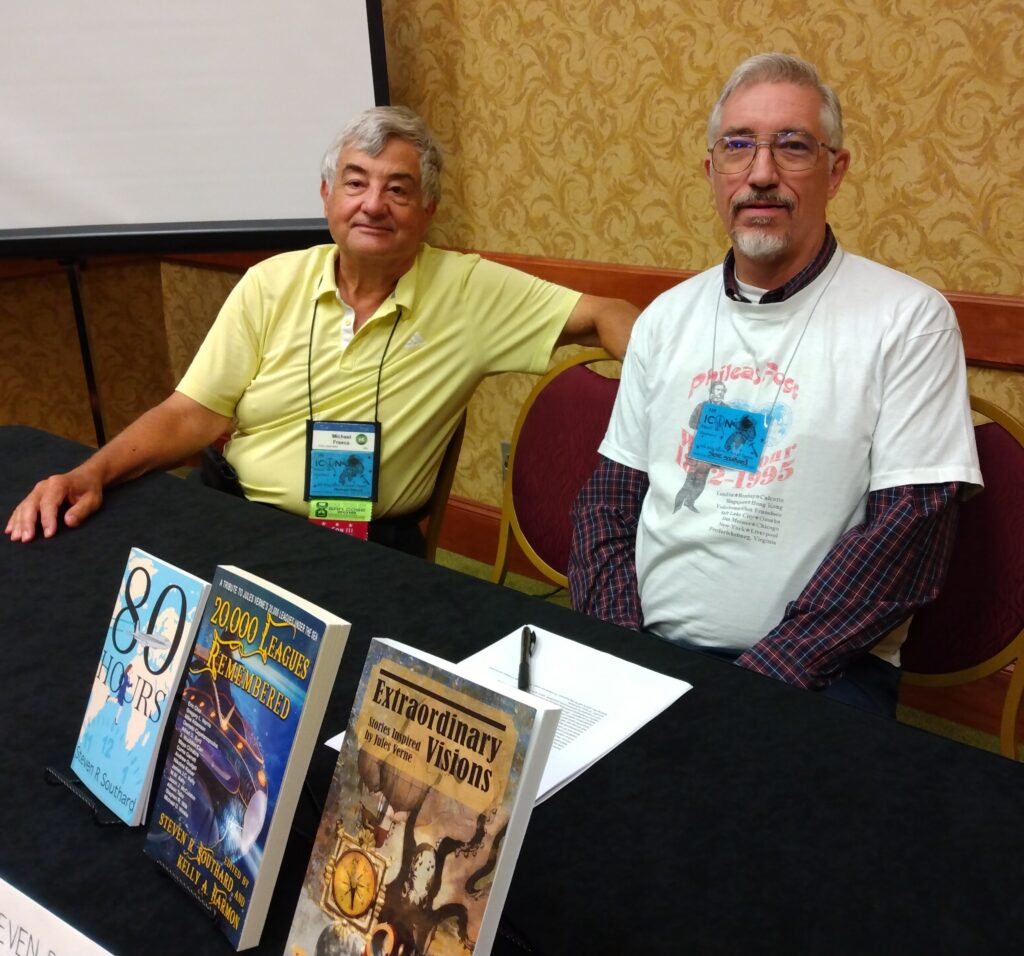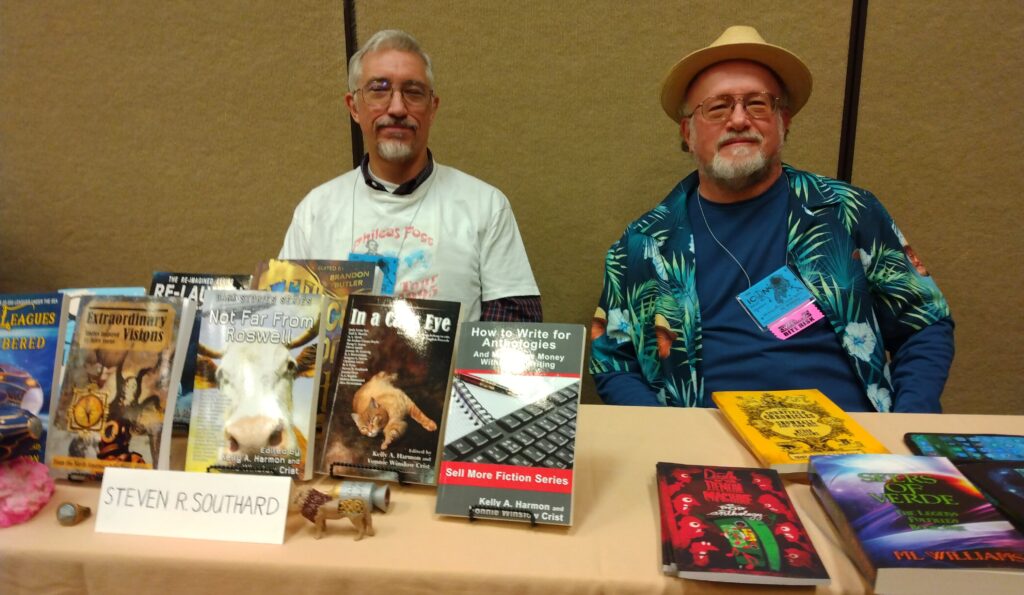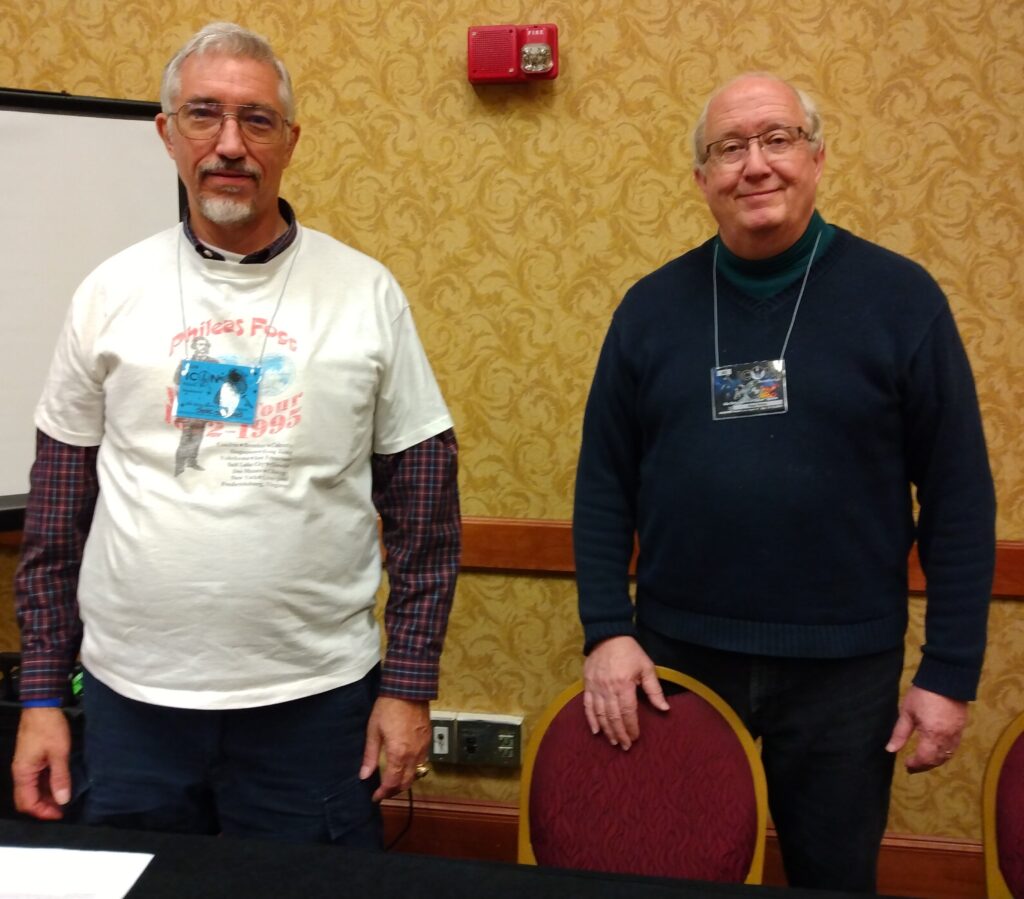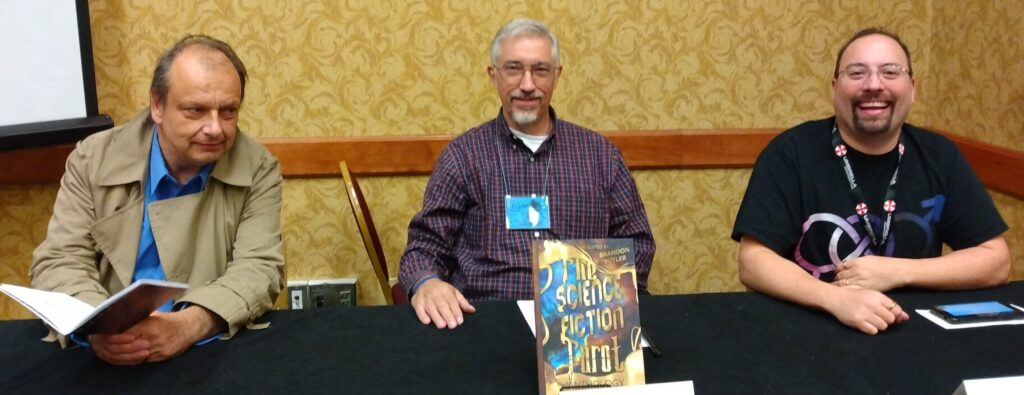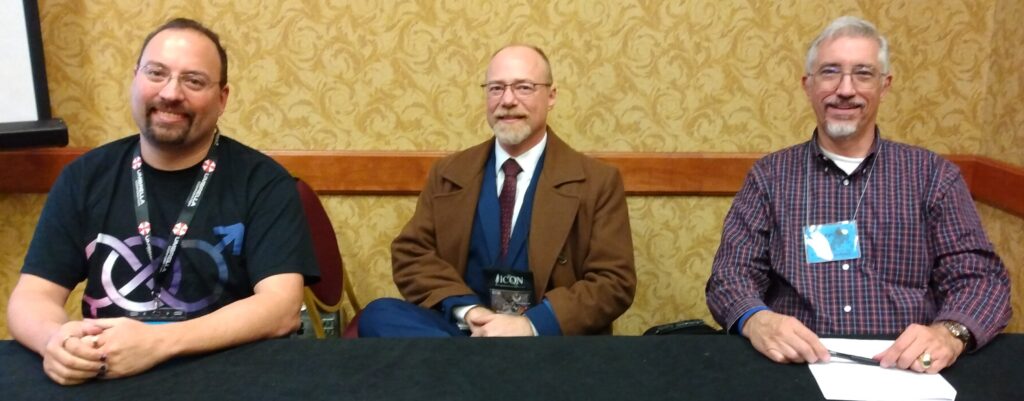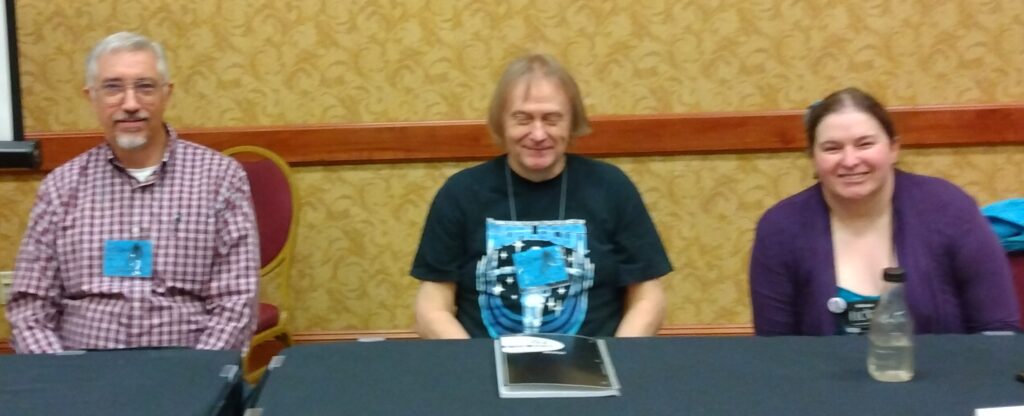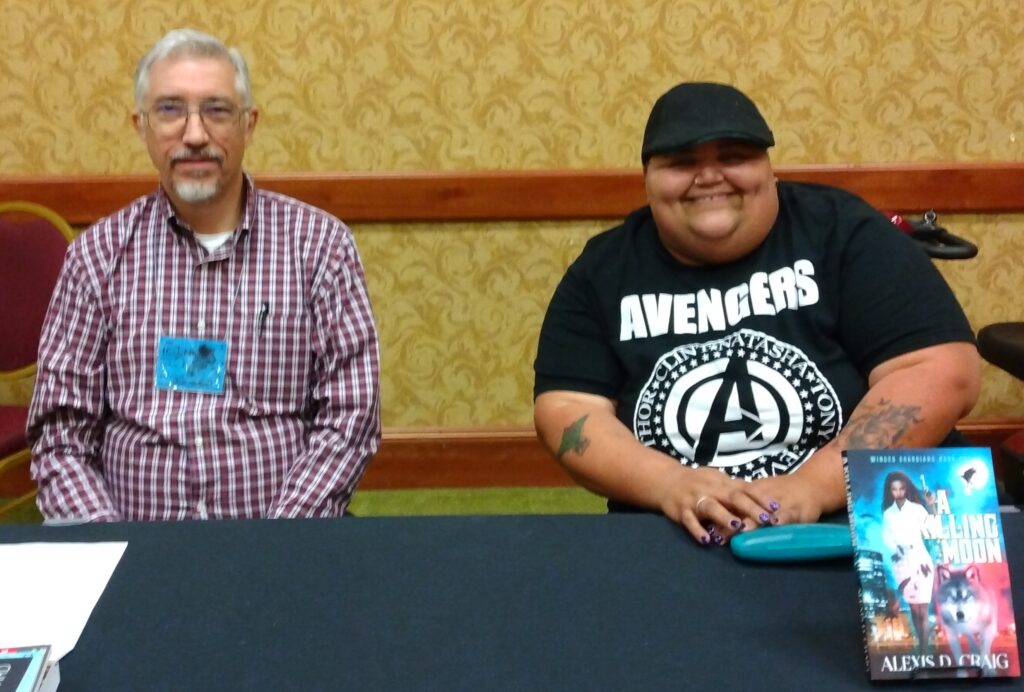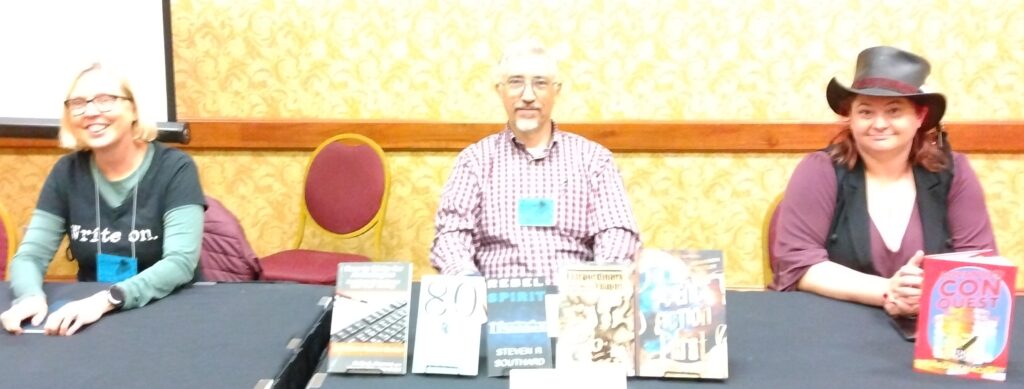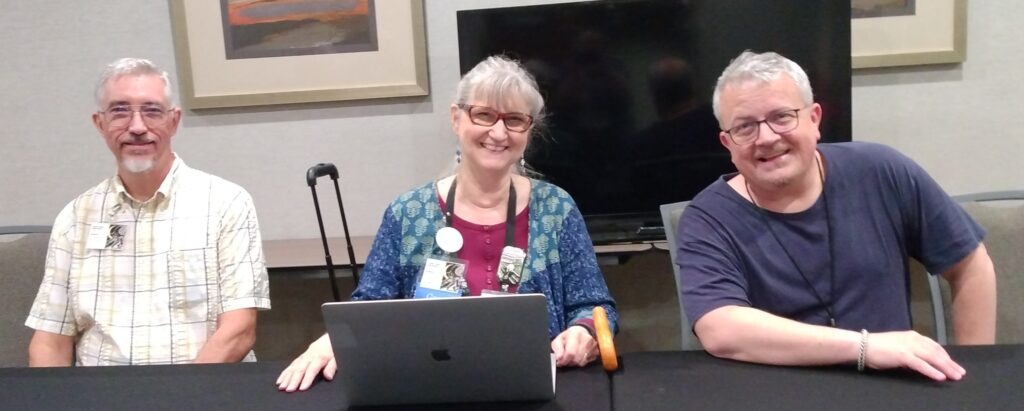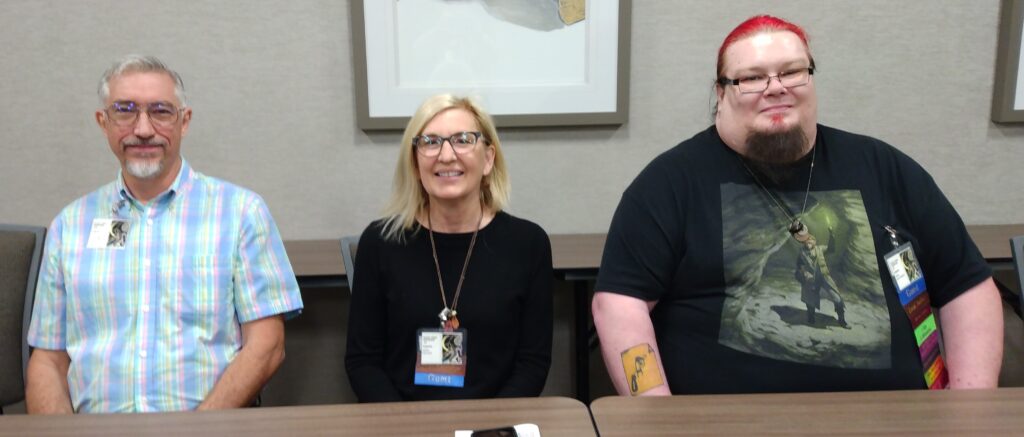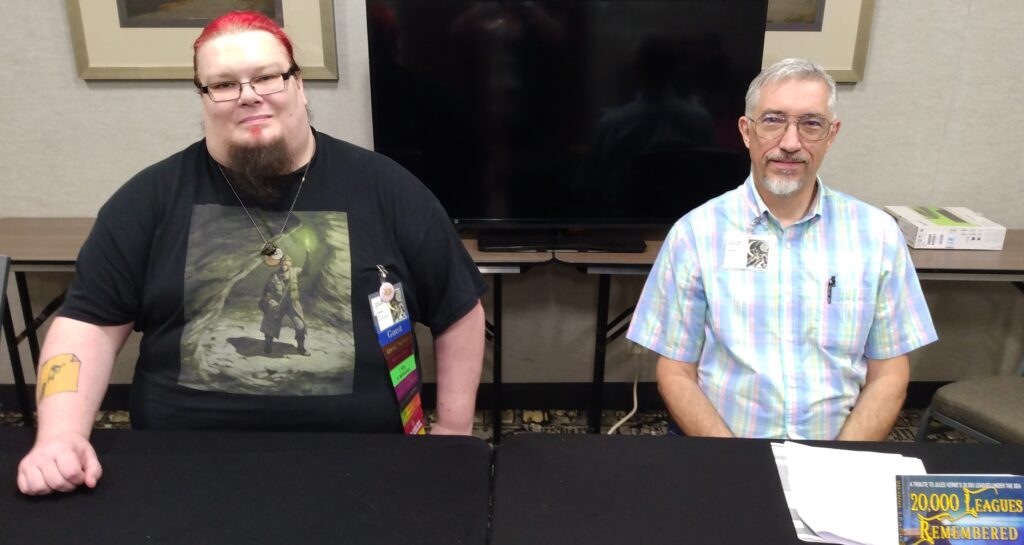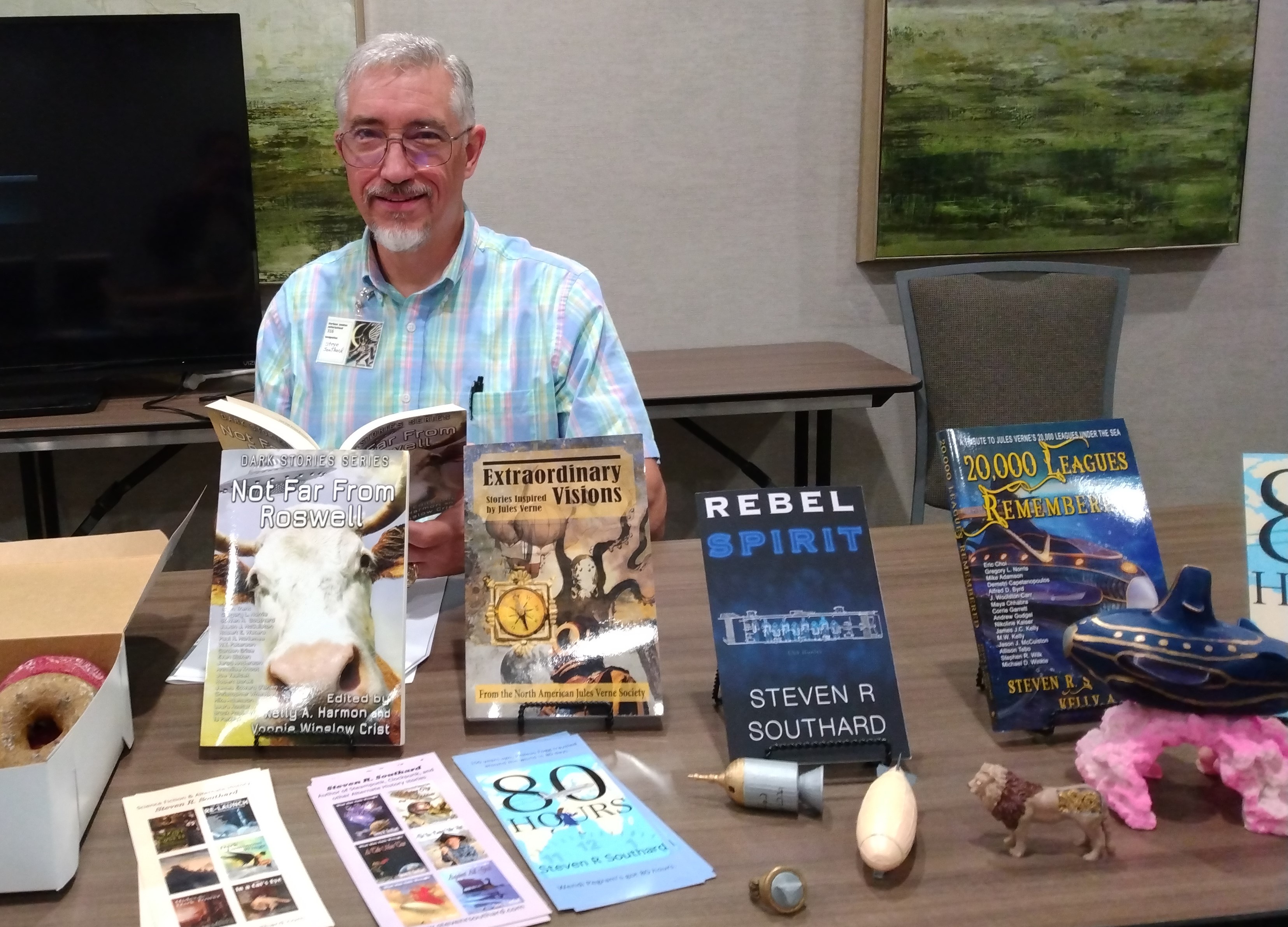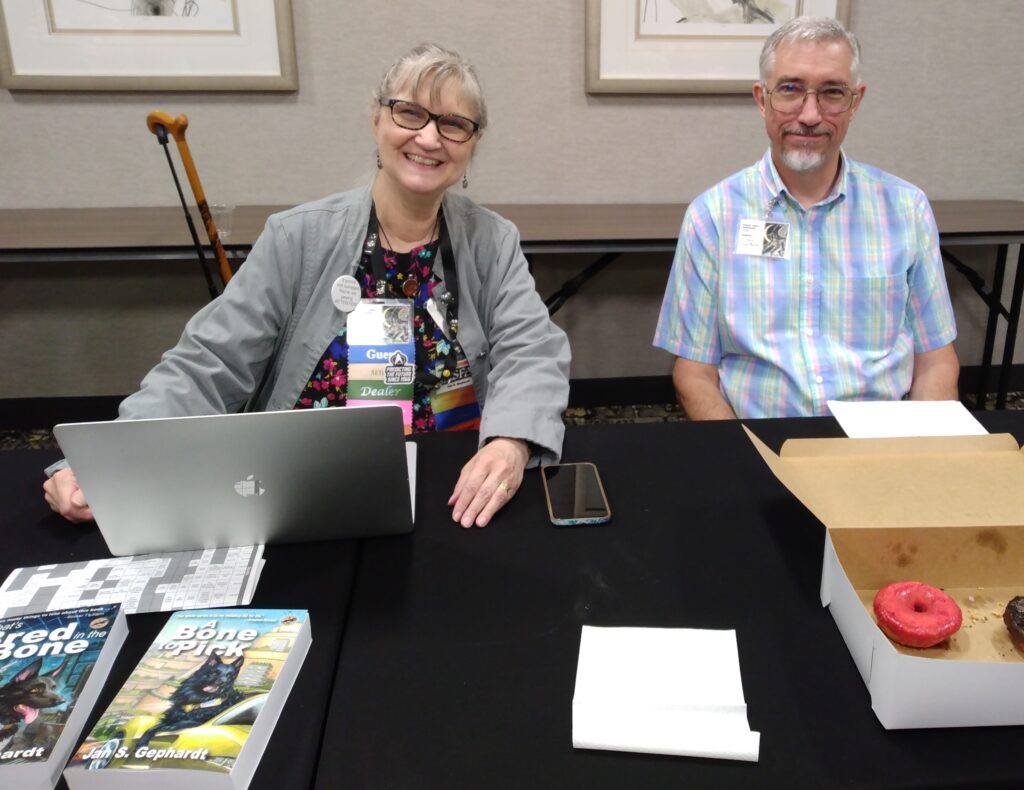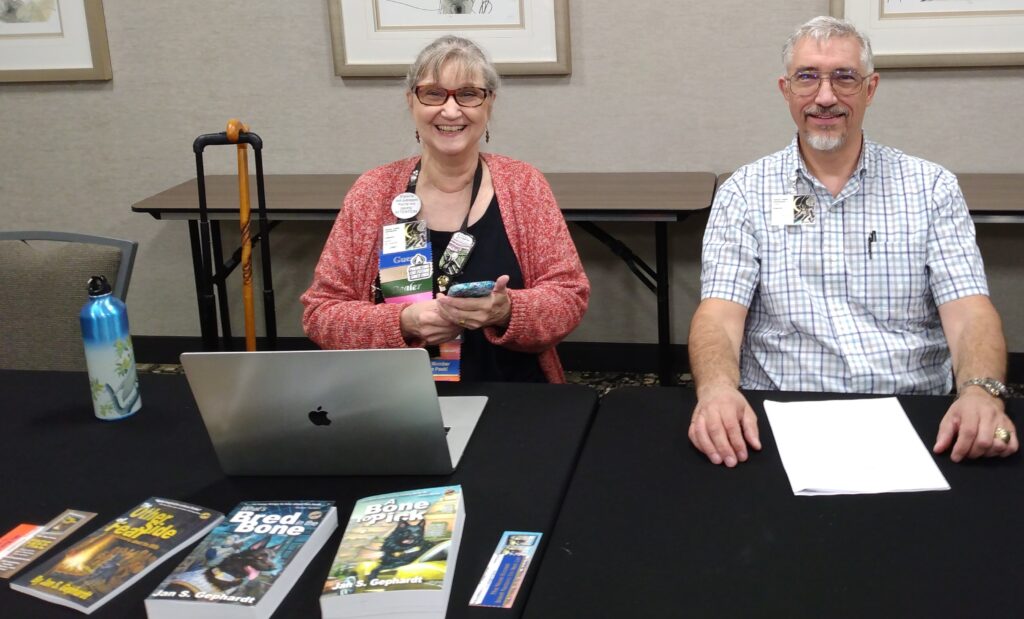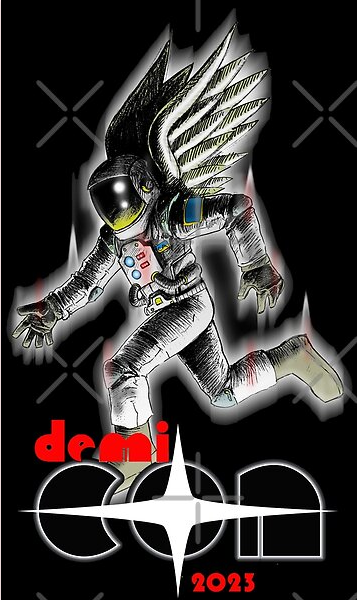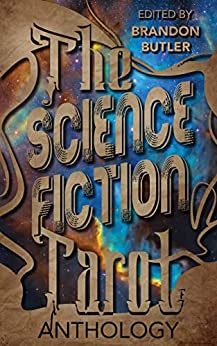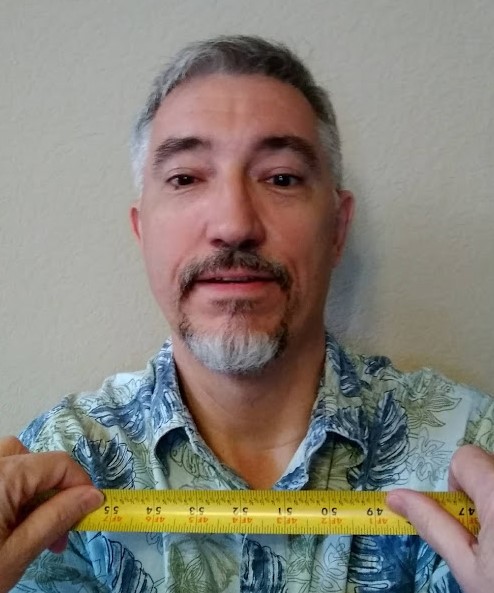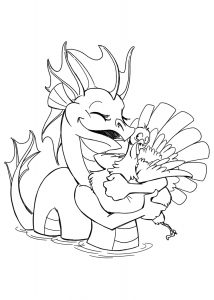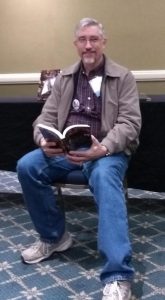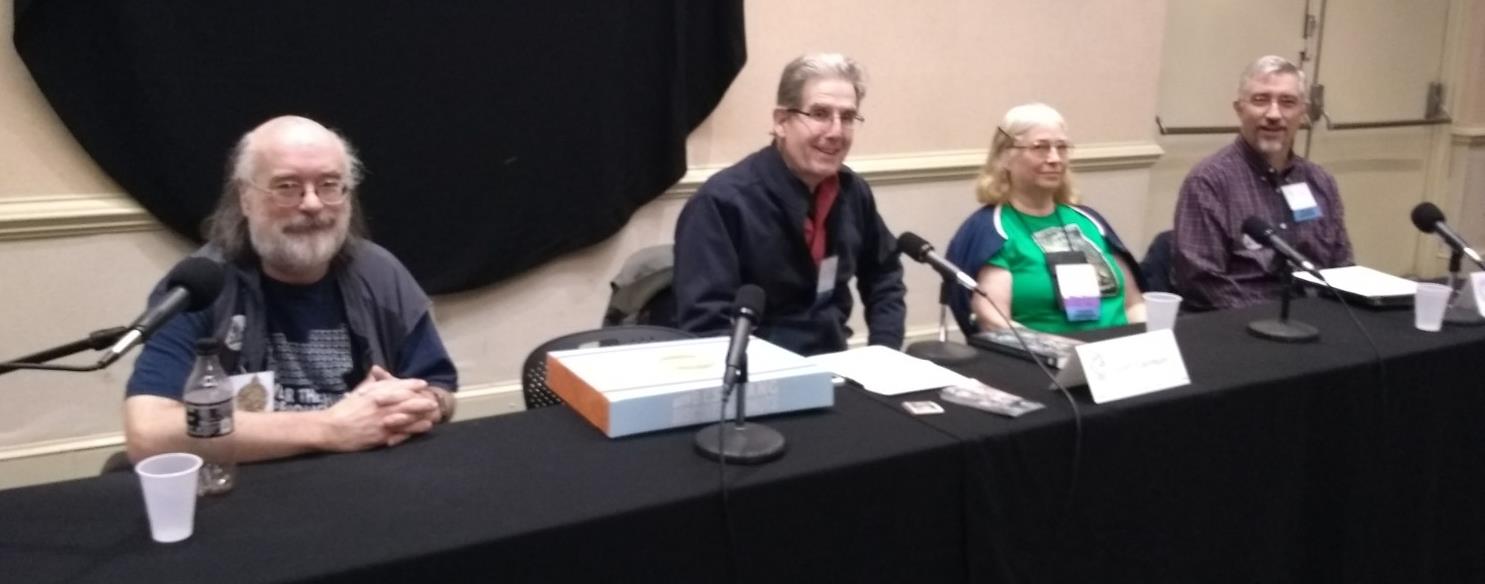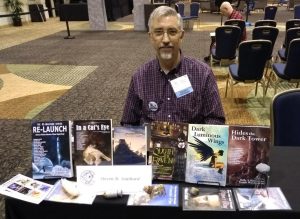Among most writers’
least favorite tasks is marketing, and among the least favorite marketing tasks
is crafting an author biography. There’s really no avoiding it, so you might as
well craft a bio that serves your purposes.
There are various
uses for your bio, and I’ll discuss four of them here. Unfortunately, they are
different enough to require separate, tailored bios, but time spent crafting
good ones can pay off for you.
For simplicity,
let’s call the four types the Website bio, the Submission bio, the Anthology
bio, and the Convention bio. That is the rough order in which you’ll encounter
them as you develop. Let’s delve into each.
Website Bio
This is the bio you’ll use on your own website, and on your author page on various other sites like Amazon, Goodreads, or others. The purpose of this bio is to entice site visitors to buy your books.
Of all the bio
types, this can be the longest, but don’t create one so long that nobody wants
to read it. Break it up into bite-sized paragraphs. It can include your background,
your education (if relevant), and (most important) information about the stories
you write. The tone of the bio should match the tone of your stories.
As your writing
credentials change, you’ll want to update this bio periodically on all the sites
at which it appears.
Submission Bio
On occasion,
you’ll be sending a story to a market where the submission guidelines state
they need your bio along with your story. Sometimes the editor wants to use
that bio in the anthology they’re editing (see Anthology Bio below), and
sometimes it’s just so the editor can learn about you.
If it’s the latter, the purpose of this submission bio is to convey a professional and engaging persona to that editor, one that won’t detract from the story you’re sending. The only audience is that editor, and the only thing the editor cares about are your writing credentials. These can include a listing of the last three stories you’ve gotten published in the relevant genre, and any facts about your background that relate to the story you’re sending.
Brevity, along
with correct grammar and spelling are keys in this bio. A poorly written bio might
dissuade the editor from even looking at the story you submitted.
Anthology Bio
If your story appears in an antho, the book’s editor often includes bios of each author, sometimes just before or after each story, or sometimes collected in a listing at the end of the book.
The purpose
here is to entice readers to read your story, and to buy your other books. Be succinct,
interesting, fun, and different.
I try to tailor my bios to the theme of the anthology. For a Poe-related antho, I crafted a dark bio. For a wing-related antho, I worked in flight words like “soaring,” “uplifting,” and “gliding.” For a cat-related antho, my bio contained cat idioms.
Convention Bio
If you end up
speaking at a con, the organizers will likely ask you to submit a bio. Yours
will appear in a long list along with bios of other speakers. The purpose is to
catch the eye of readers and stimulate them toward attending your panel,
session, or signing, and toward buying your books.
Your goal,
therefore, is to have the shortest, most impactful bio in the list. Make it irresistible
and unique. If the con limits you to 100 words, use half that number, but use 50
enticing words.
Final Bio Thoughts
I know, all you want to do is write stories, not labor over all these bios. But you can simplify the chore by keeping a ‘bio file.’ That makes it easier to tailor an existing one to fit your current needs. Remember to add any new bio you write to your bio file. Also, peruse other author’s bios for inspiration, but don’t copy them.
This needn’t be
difficult. You’re a creative writer. Think of a bio as a short, true story
about yourself. Surely you can craft a better bio than those of—
Poseidon’s Scribe
